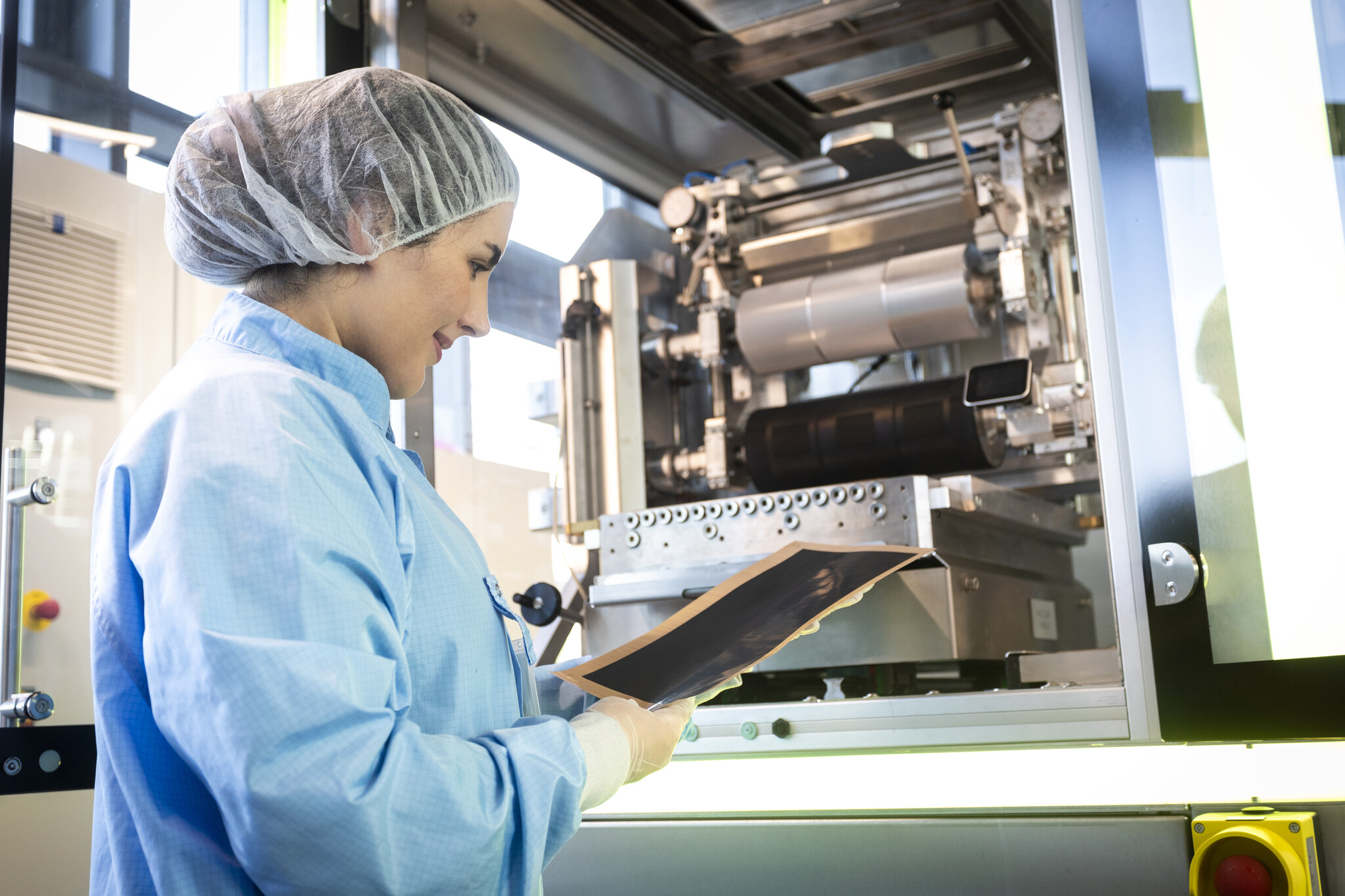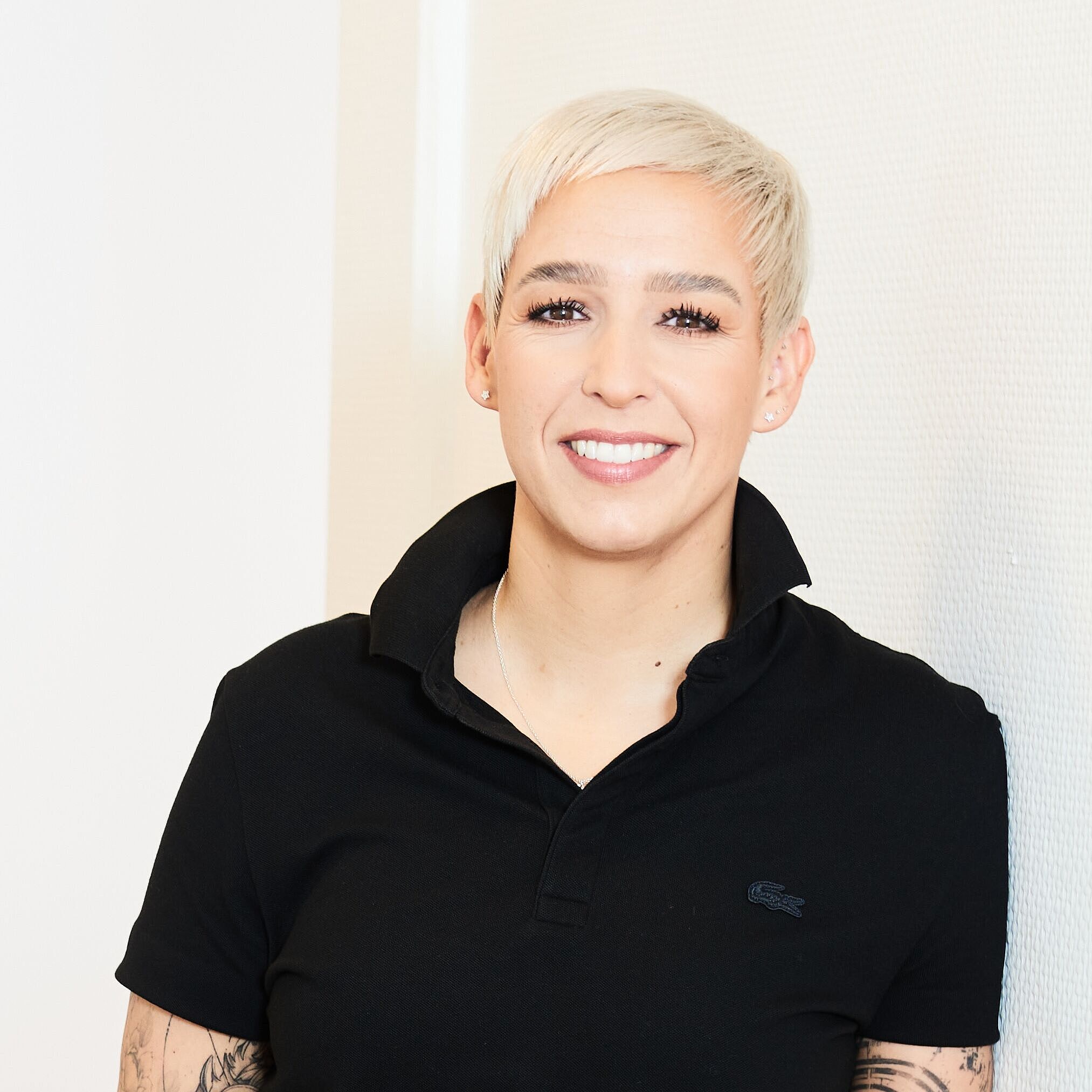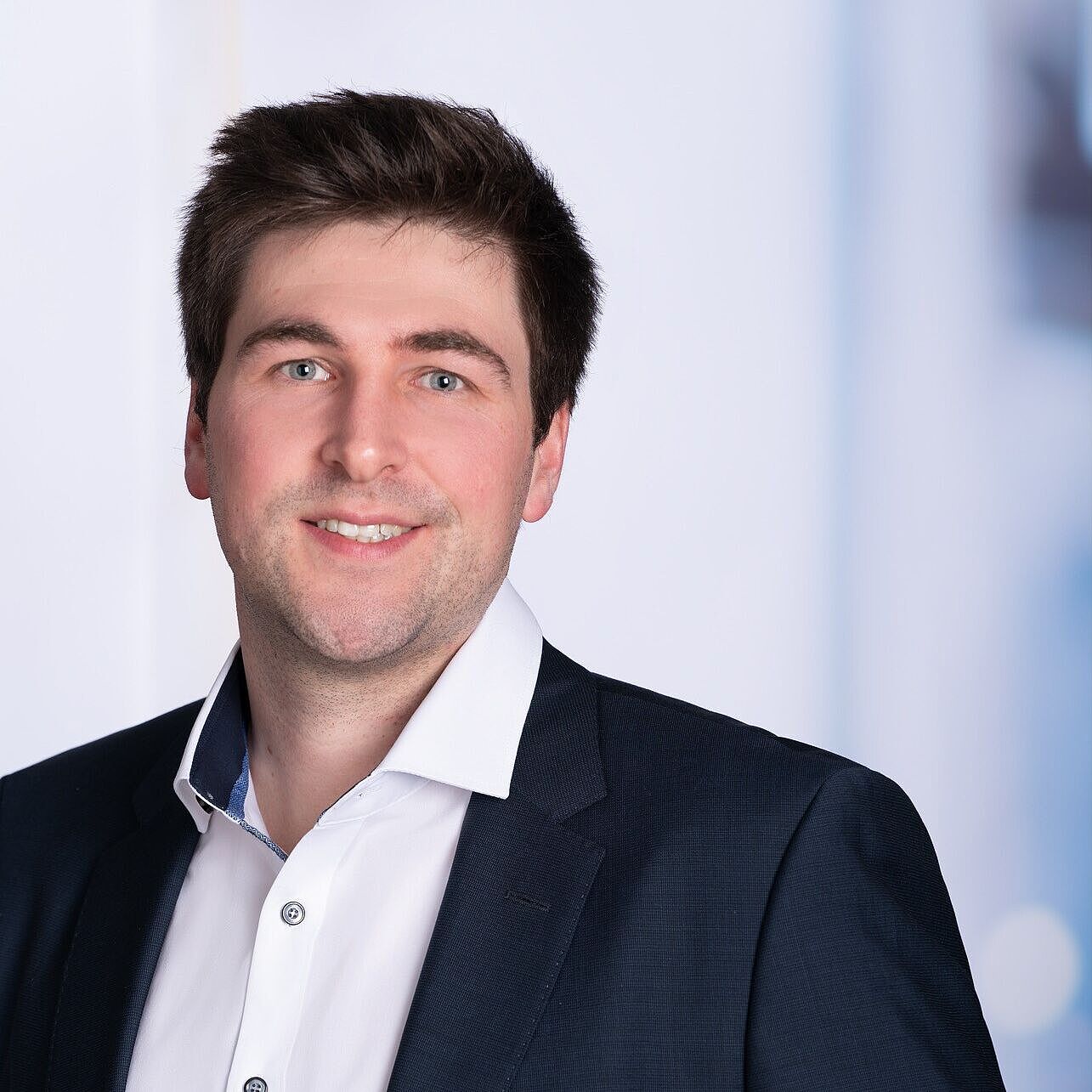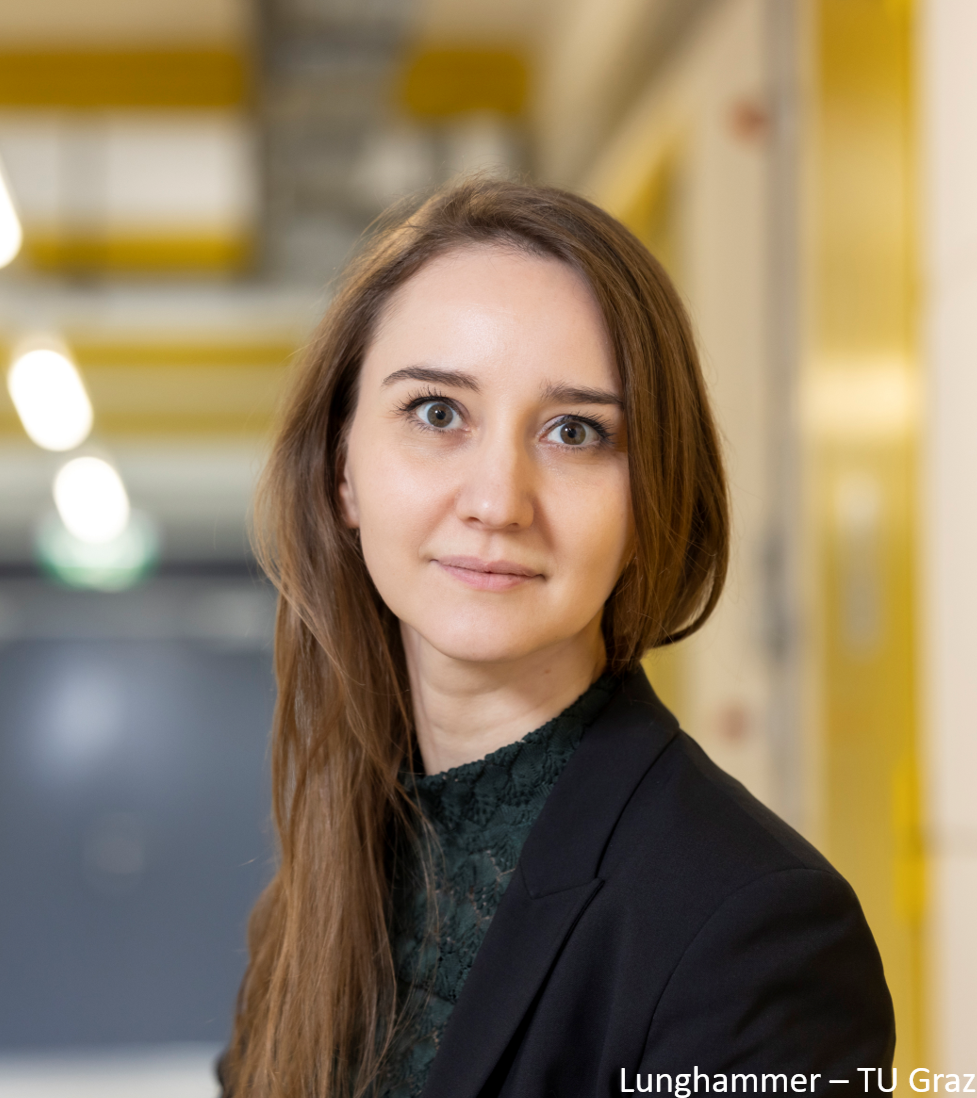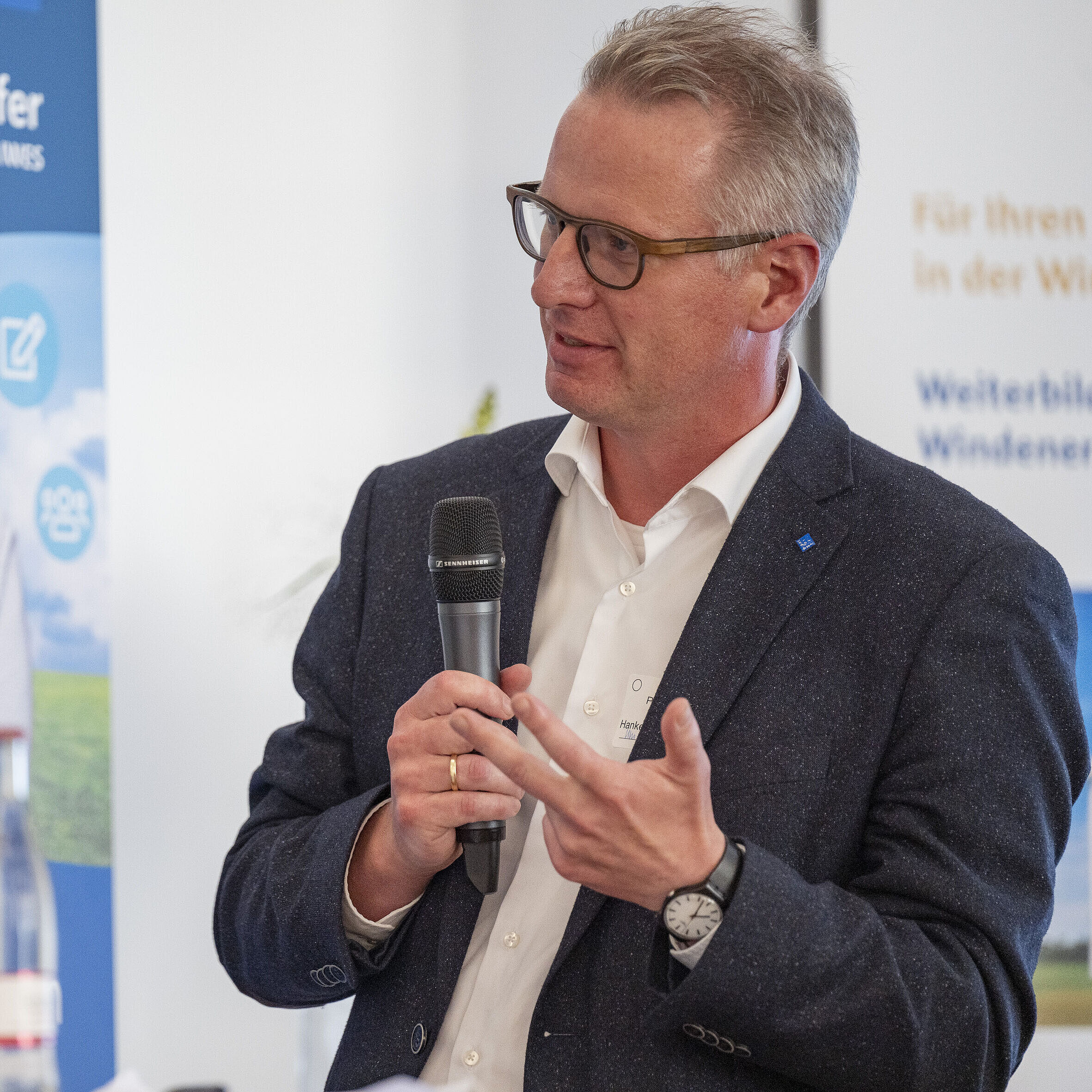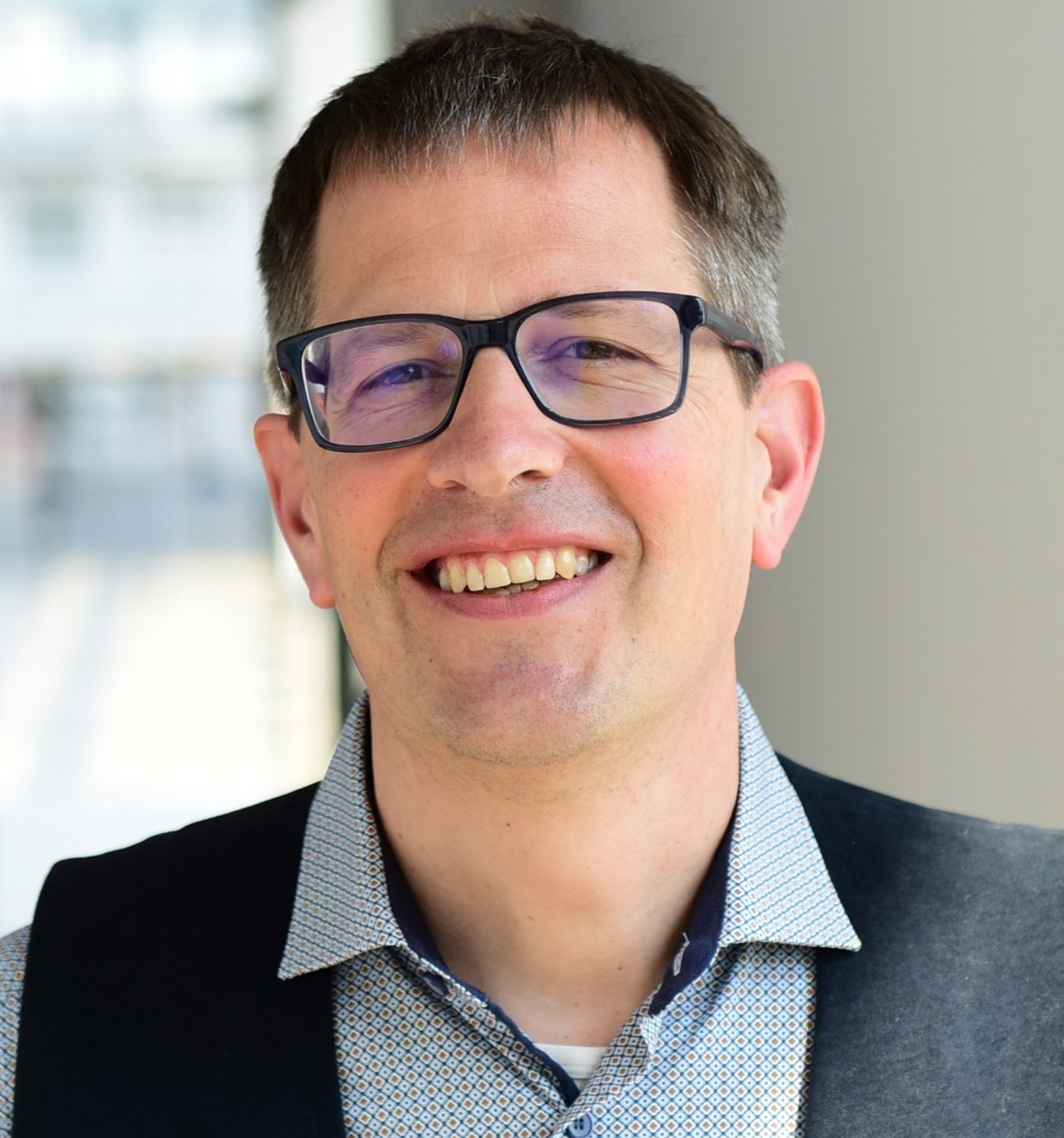Workshop: Green Hydrogen
Sunday, August 24, 13:30-17:30 | Fraunhofer ISE, Building A, Room 1.08
Green hydrogen is set to play an important role in the energy transition, but its reasonable application is the subject of much controversy. On the one hand, molecular based energy carriers are completely rejected because their production by electrolysis is too inefficient and too expensive (all electric world), on the other hand, hydrogen is seen as the universal solution in all applications.
In this workshop, we want to consider and discuss the different perspectives on the use of green hydrogen. As an introduction, Richard Hanke-Rauschenbach (Professor at Leibnitz University Hannover) will present the potential fields of application of hydrogen in an overview talk, discuss the special requirements and explain the technical advantages and disadvantages.
We will then discuss the various possible applications in different countries in an interactive format via World Cafés. What are the so-called “no-regret” applications, are there global differences, what impact does green hydrogen production have in these countries and can blue hydrogen be a good transitional solution as a bridging technology.
This workshop is aimed at researchers and academics.
The Workshop is held by a scientist tandem, Tom Smolinka and Richard Hanke-Rauschenbach.
Workshop leaders:
- Richard Hanke-Rauschenbach is Professor for Electrical Energy Storage Systems and Head of the Institute for Electrical Energy Systems at Leibniz University Hannover. He studied Energy Engineering in Leipzig. He then worked as a research assistant at the Max Planck Institute for Dynamics of Complex Technical Systems in Magdeburg. In 2007, he completed his doctorate in the field of fuel cells at the University of Magdeburg. He has been a professor in the above-mentioned position since 2014. He is co-author of over 120 articles in international journals. His current fields of work include water electrolysis in the context of power-to-gas applications, the design of stationary energy systems with a particular focus on techno-economic and ecological aspects of the defossilisation of the electricity, heating and mobility sectors, the design of vehicle energy systems for the use of renewable energies in road mobility, shipping and aviation and the techno-economic evaluation of business models in the areas of flexibility for the electricity system and hydrogen production. Hanke-Rauschenbach is a member of the AFC TCP Annex-Group 30 "Water Electrolysis" of the International Energy Agency (IEA) since 2017. Furthermore, he is the initiator of the Lower Saxony Hydrogen Research Network and has been its spokesperson since 2019.
- Tom Smolinka got his diploma in ‘Energy and Process Engineering’ at the Technical University of Berlin / Germany in 2000 and received his PhD degree from the University of Ulm in 2005. Since his studies he works at the Fraunhofer Institute for Solar Energy Systems ISE in Freiburg / Germany in the Division ‘Hydrogen Technologies’ in the field of PEM fuel cells and water electrolysis and built up in 2008 the Group ‘Alternative Hydrogen Production’ at the institute dealing among others with chemical hydrides, water electrolysis and redox flow batteries. In 2013 he established the Department ‘Electrolysis and Hydrogen Infrastructure’ which conducts today research and development mainly in the fields of membrane water electrolysis (PEM and AEM), solar hydrogen production and techno-economic analysis of power to gas systems and hydrogen infrastructure. He is engaged in several national and international activities on water electrolysis and holds a teaching position at the University of Freiburg in the master’s programme ‘Sustainable System Engineering’.
The workshop will take place at Fraunhofer ISE, Building A, Room 1.08. See campus map below.


